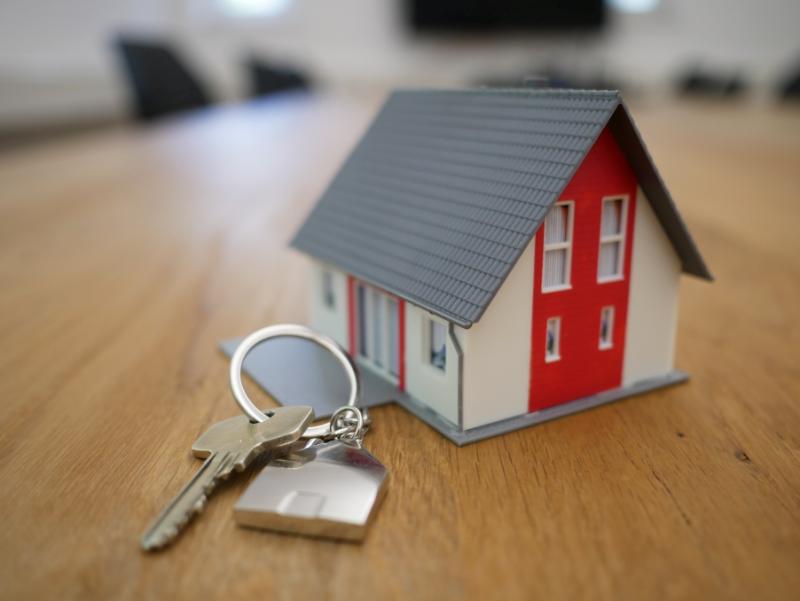Who Gets the House in a Divorce?

Photo by Tierra Mallorca on Unsplash
Marital residence is frequently a source of considerable contention during a divorce. The family house might occasionally be the most valuable possession in a divorce. Along with the purely financial considerations, moving out or selling the family home may be extremely emotional, especially if there are kids involved.
The property will be split equitably (not usually evenly) between the two spouses after the court orders a divorce. The Equitable Distribution Law will decide this. Both parties to the divorce must disclose to the court their income and any debts they may have.
There are a few fundamental questions you must respond to before deciding who will own the house in the event of a divorce in Australia.
Who owns it is the first of these. Most of the time, each spouse can stake a claim to ownership. However, it isn't always the case.
The best case scenario is if you and your spouse used income earned while you were married to purchase your property together. Your home would therefore be considered marital property, giving each of you and your husband 50% of the equity.
You would each be eligible for $500,000 if you were married, bought a house together, and it now had a value of $1 million.
Who decides who gets the house in a divorce?
It's not that difficult. You and your husband can decide how the house is divided or who gets the home, or a judge will arrange it for you. Both have advantages and disadvantages.
You'll save a tonne of cash, time, and stress if you and your partner can work it out. There is frequently an emotional link to the family house, making things so difficult that an impasse results.
What aspects does the court consider when choosing who receives the house?
Deciding who gets the family home during a divorce is not made in a separate void. It usually forms part of a larger divorce settlement arrangement. Once more, a community property state makes this easier, while an equal distribution state makes it far more difficult.
As declared by both parties, the objective for the residence will be the primary consideration the court will take into account. If one spouse wants to stay in the house while the other wants to go (maybe to continue raising a family with less interruption), the situation becomes more of a math problem than anything else.
It would help to decide how much to buy out (how much it costs to buy out your spouse).
There are two main things to think about:
- Availability of funds
- Children
The first consideration is whether you can afford to buy out your husband if you both wish to keep the house.
The court will likely award the home to that spouse and calculate the buyout amount owing to the other if only one of you can buy out the other.
How does the court determine who gets the house in a divorce or dissolution?
- The needs of any children under 18 in the marriage or civil partnership, as well as who they reside with
- Each spouse's or civil partner's age
- The duration of the civil union or marriage
- The total worth of all assets, including pensions, before, during, and after marriage or civil partnership.
- the economic potential of each husband or civil partner, as well as their current and future obligations (such as raising children),
- What each spouse or civil partner brought to the marriage or civil partnership in terms of money and possessions (and what they might bring in the future to the wellbeing of the family)
- Living conditions during the marriage or civil partnership
- If an impairment exists for either party
- The parties' unfavourable behaviour
- The broad requirements of each party
Keep in mind that property settlements are rarely straightforward. There are numerous legal proceedings involved. Emotions are running high. At this time, you need the best divorce lawyers and family law experts available to avoid getting the short end of the stick!
More to Read:
Previous Posts:







